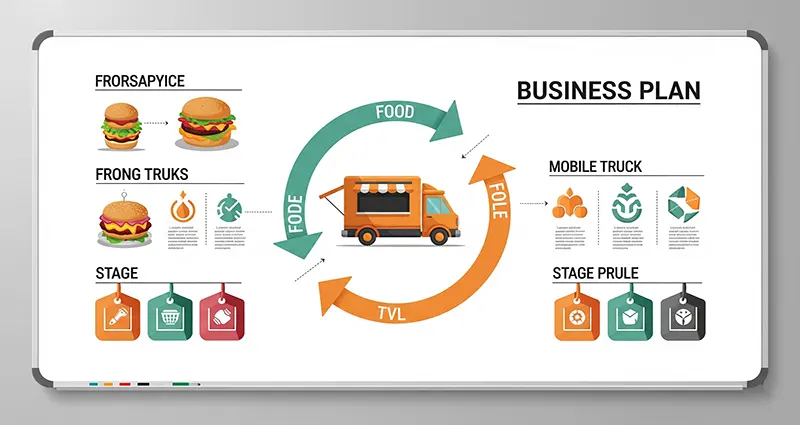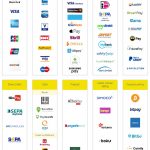Advanced Technical Analysis: Multi-Timeframe Market Structure Mapping and Signal Validation for UK Trades
Technical analysis remains one of the most widely employed tools for professional traders, offering insights into market behaviour that extend beyond fundamental metrics.
For UK traders who operate in markets marked by both volatility and liquidity, adopting advanced methods can significantly enhance the precision of trading decisions. Among these, multi-timeframe market structure mapping and rigorous signal validation have emerged as indispensable techniques for navigating price action with confidence.
Understanding Multi-Timeframe Market Structure
Market structure refers to the framework of price highs, lows, and trend directions that define the behaviour of a financial instrument over time. At its most basic, it allows traders to identify whether the market is trending, consolidating, or reversing. However, examining market structure across multiple timeframes—ranging from intraday charts to weekly perspectives—unlocks a far deeper understanding of market dynamics.
For instance, a short-term chart may indicate a bullish trend, while a longer-term chart could reveal that this … READ MORE ...













